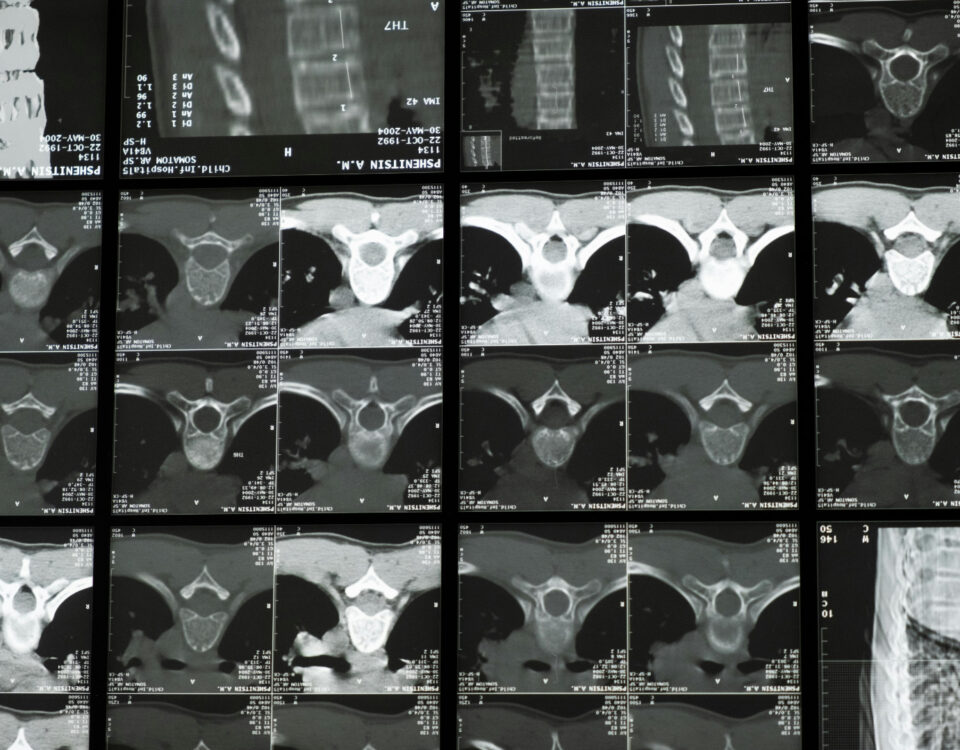“Mind Germs can infect your experience.”
July 29, 2008
Heat or Ice ?
August 13, 2008Cooking Your Way To Health
Cooking at the end of the day is a burden that it seems we should have to live without. The endless sequence of returning to the market two or three days a week is again another. Now that we have jobs, we feel we should somehow have been excused from this. It’s a reasonable proposition. But it got twisted into a pathological food culture of unhealthy eating.
Cooking is the great divide between good eating and bad. The gains are quantifiable: cooking and eating at home, even with quality ingredients, costs pennies on the dollar compared with meals prepared by a restaurant and factory. And we shouldn’t neglect that that some of those prepared foods contain additives to keep them “fresh” or make them “tasty” that some experts amongst us describe as toxic. Approaching mealtimes as a creative opportunity, rather than a chore, IS an option.
Globally speaking, people consume more soft drinks and packaged foods as they grow more affluent; home cooked meals of fresh ingredients are the mainstay of rural, less affluent people. The link between economic “success” and nutritional failure has become so widespread, it has a name: the nutritional transition. No matter what else we do or believe, food and eating remains at the center of every culture. Ours now runs on empty calories.
There is actually another way. Shoppers who are daunted by the high price of organics may be looking at bar codes on boutique-organic prepared foods, not actual vegetables. The quality diet is not an elitist aspiration if you can be a do-it-yourselfer. Home cooked, whole-ingredient meals WILL save money. Doubling recipes so these meals can be enjoyed again a few days later, or for lunch the next day, takes pressure off the meal planners. Many of us (this may mean you, too) Have substantially broader food options than we are currently using.
(Modified slightly from “Animal, Vegetable, Miracle” by Barbara Kingsolver, Steven L. Hopp, and Camille Kingslover; Harper-Collins 2007) This is a truly cool look at a family’s one-year experience of breaking the routine of working so hard that you can’t really eat well, by cooking with quality, live, locally grown ingredients. There is a lot of insight about how our culture of “too busy to really live your life” can trick us into thinking that eating well isn’t important. I highly recommend this read.



